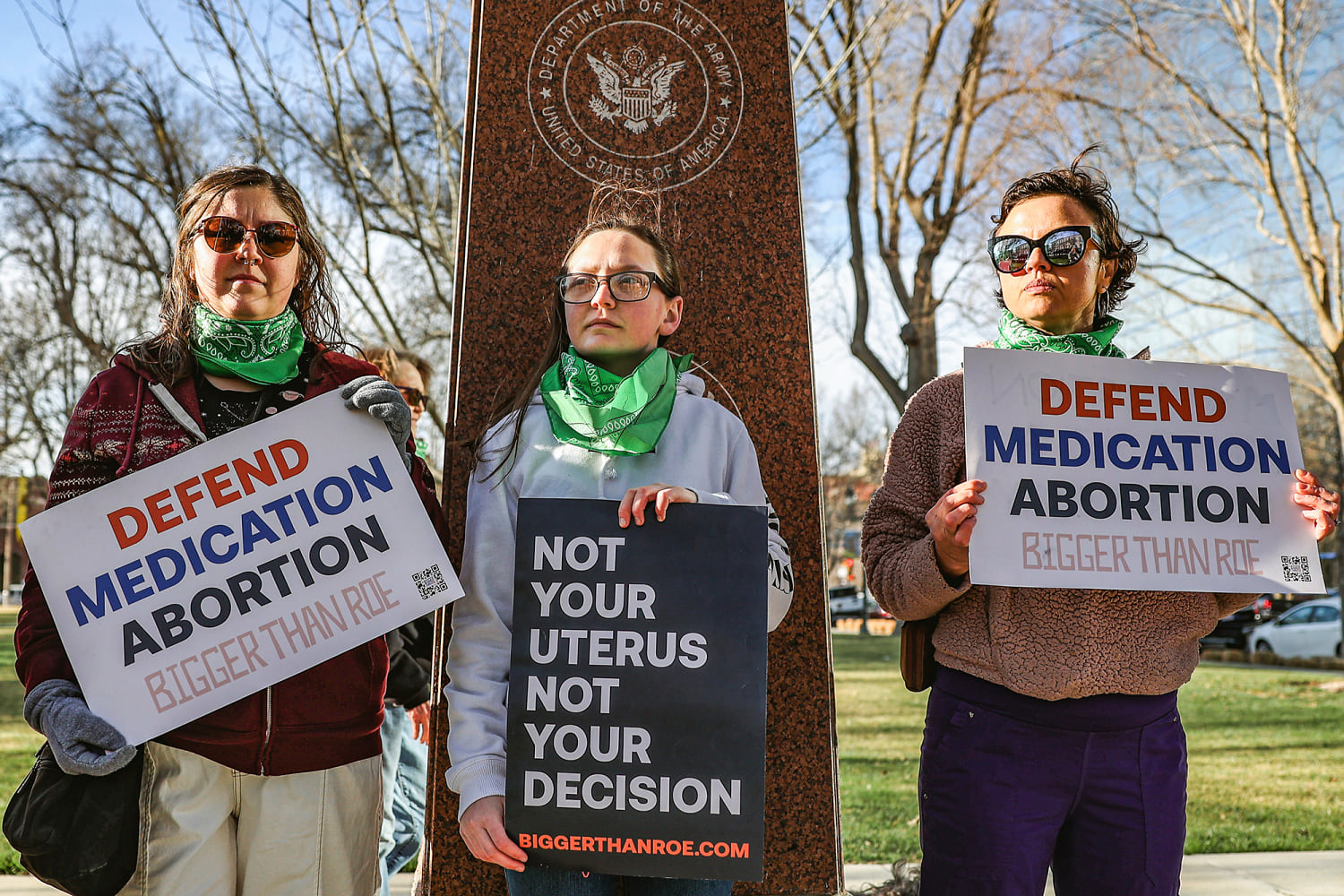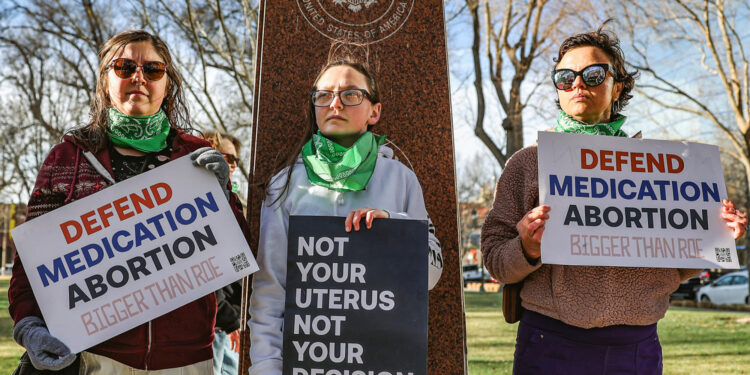
A Texas law that banned abortions in early pregnancy is associated with a stark increase in infant and newborn deaths, a study published Monday in JAMA Pediatrics found.
Lawmakers passed Texas Senate Bill 8, or SB8, in September 2021. The state law banned abortions as soon as a fetal heartbeat is detected, which can be as early as five weeks. This effectively banned abortion in the state, which used to allow abortion up to 22 weeks of pregnancy.
The law did not include exemptions for congenital anomalies, including conditions that will cause a newborn to die soon after birth.
The new study compared infant death rates in Texas from 2018 to 2022 to those of 28 other states. Infant deaths in Texas rose by nearly 13% the year after SB8 was passed, from 1,985 in 2021 to 2,240 in 2022. During that same period, infant deaths rose by about 2% nationwide. Babies born with congenital anomalies also increased in Texas, by nearly 23%, but decreased by about 3% nationwide.
“This is pointing to a causal effect of the policy; we didn’t see this increase in infant deaths in other states,” said Alison Gemmill, assistant professor of population, family and reproductive Health at the Johns Hopkins Bloomberg School of Public Health, who led the research.
While some congenital anomalies can be corrected after birth, including cleft palate and some heart defects, others are deemed “incompatible with life.”
“The specific increase in deaths attributable to congenital anomalies really makes an ironclad link between the change in the law and the terrible outcomes that they’re seeing for infants and families,” said Nan Strauss, senior policy analyst of maternal health at the National Partnership for Women & Families, who was not involved with the research. “The women and families have to suffer through an excruciating later part of pregnancy, knowing that their baby is likely to die in the first weeks of life.”
Gemmill said the new insight is important for other states, since Texas passed SB8 about a year before the Dobbs decision overturned federal abortion protections, leading to total bans on abortion in 14 states, according to the latest data from the Guttmacher Institute, an organization that researches and supports sexual and reproductive rights.
“This might foreshadow what is happening in other states,” Gemmill said. “Texas is basically a year ahead.”
A Centers for Disease Control and Prevention report already found that infant and newborn mortality rates in the U.S. rose in 2022 for the first time since 2001.
“This shows what probably was expected before the Dobbs decision, that there would be downstream unintended consequences by banning abortions in early pregnancy,” said Dr. Mary Rosser, director of Integrated Women’s Health at Columbia University Irving Medical Center, who was not involved with the study.
Rosser added that such bans disproportionately affect marginalized populations including low-income families and people of color, and that further research is needed to better understand these effects.
The researchers of the new study also highlighted the ripple effect that a newborn or infant’s death can have on a family, including trauma and medical bills.
“Behind these numbers are people,” said Dr. Erika Werner, chair of obstetrics and gynecology at Tufts Medical Center, who was not involved in the research. “For each of these pregnancies, that’s a pregnant person who had to stay pregnant for an additional 20 weeks, carrying a pregnancy that they knew likely wouldn’t result in a live newborn baby.”







